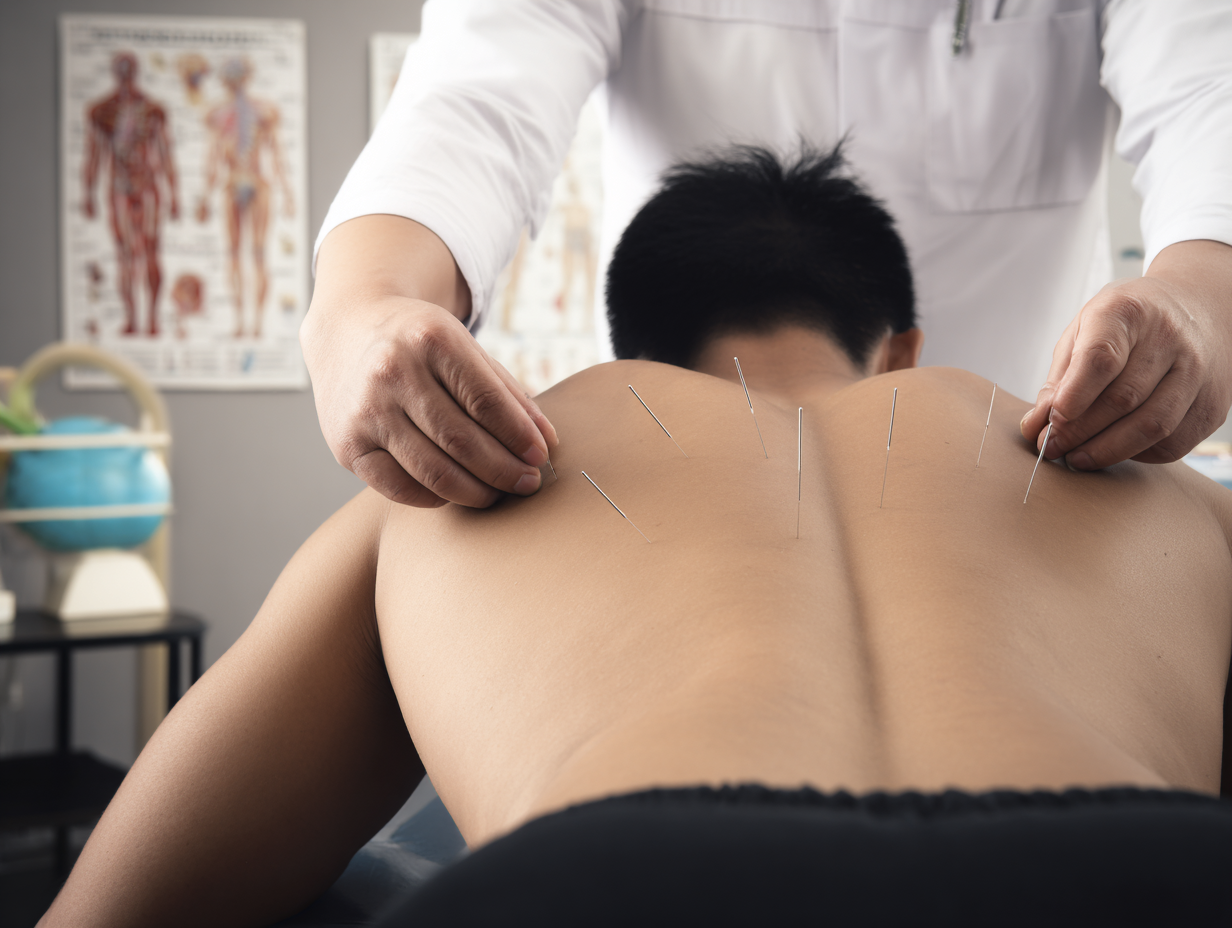By: Tiffany Kristensen, DACM, L.Ac.
Infertility affects millions of individuals and couples worldwide, presenting a complex challenge that often requires a multifaceted approach. Acupuncture, a key component of Traditional Chinese Medicine (TCM), has gained increasing recognition as a complementary therapy that can improve fertility outcomes by addressing both physical and emotional factors.
Understanding Infertility Through Traditional Chinese Medicine
In TCM, infertility is viewed as a manifestation of imbalances within the body’s vital energy, or Qi, and its supporting systems—primarily the Kidneys, Liver, and Spleen. These organ systems play crucial roles in reproductive health: the Kidneys govern reproductive essence and hormonal balance, the Liver ensures smooth flow of Qi and blood, and the Spleen is responsible for nourishing blood and maintaining overall vitality. When these systems are out of harmony, issues such as irregular ovulation, poor egg quality, uterine lining problems, or disrupted menstrual cycles may arise.
Acupuncture aims to restore balance by stimulating specific points along the body’s meridians to regulate Qi and blood flow, reduce inflammation, and support hormonal function. By harmonizing these pathways, acupuncture helps create an optimal environment for conception.
Evidence from Clinical Research
Modern studies support the traditional use of acupuncture for fertility enhancement. One notable study published in Fertility and Sterility demonstrated that women undergoing in vitro fertilization (IVF) who received acupuncture on the day of embryo transfer had significantly higher pregnancy rates compared to those who did not receive acupuncture (Paulus et al., 2002).
A meta-analysis published in the British Medical Journal (BMJ) found that acupuncture improved clinical pregnancy and live birth rates in women experiencing infertility when compared to no treatment or sham acupuncture (Manheimer et al., 2013). These results suggest that acupuncture may positively influence reproductive outcomes beyond placebo effects.
Research indicates that acupuncture’s benefits may stem from its ability to reduce stress and anxiety by modulating the autonomic nervous system and lowering cortisol levels. Additionally, acupuncture increases blood flow to the uterus and ovaries, enhancing endometrial receptivity and follicular development (Zhao et al., 2014). It may also regulate the hypothalamic-pituitary-ovarian axis, thereby improving hormonal balance crucial for ovulation and implantation.
How Acupuncture Supports Specific Fertility Challenges
- Irregular Ovulation: Acupuncture can help normalize menstrual cycles by promoting endocrine balance and reducing systemic stress, facilitating regular ovulation.
- Polycystic Ovary Syndrome (PCOS): Studies have shown acupuncture improves insulin sensitivity and reduces androgen levels in women with PCOS, contributing to improved ovulatory function (Stener-Victorin et al., 2009).
- Unexplained Infertility: In cases where conventional tests show no clear cause, acupuncture may address subtle imbalances in Qi and blood circulation that affect fertility.
- Male Factor Infertility: Acupuncture has demonstrated efficacy in improving sperm count, motility, and morphology, offering a supportive therapy for male infertility.
What to Expect from Acupuncture Treatment for Fertility
Treatment plans are typically individualized and may involve weekly acupuncture sessions tailored to the patient’s menstrual cycle phase and fertility goals. Acupuncture is usually well tolerated, with minimal side effects when performed by licensed practitioners using sterile, single-use needles.
Patients may also receive adjunct therapies such as herbal medicine, lifestyle counseling, and nutritional guidance to support overall reproductive health. Many practitioners integrate mind-body techniques to reduce stress and promote emotional well-being, recognizing the important role that psychological factors play in fertility.
Conclusion
Acupuncture presents a safe, evidence-based, and holistic option for individuals facing infertility. By addressing physiological imbalances, enhancing blood flow, and reducing stress, acupuncture helps optimize the body’s reproductive environment. While it may not be a standalone cure, acupuncture is increasingly recognized as a valuable complementary therapy alongside conventional fertility treatments.
Individuals interested in exploring acupuncture for infertility are encouraged to consult with qualified, licensed practitioners experienced in reproductive health to develop a personalized treatment plan.
About the Author
Tiffany Kristensen, DACM, L.Ac. is the founder of Vibe Holistic Healing, The Woodlands, TX and an Executive Director of Kassandra Wellness Group. She applies a comprehensive, holistic approach to treating patients, including acupuncture, herbs, supplements, red light therapy, Pulse Electro Magnetic Therapy (PEMF), meditation and other modalities. For more information or to schedule an appointment, please visit vibeholistichealing.com.
References:
- Paulus, W. E., Zhang, M., Strehler, E., El-Danasouri, I., & Sterzik, K. (2002). Influence of acupuncture on the pregnancy rate in patients who undergo assisted reproduction therapy. Fertility and Sterility, 77(4), 721-724. https://doi.org/10.1016/S0015-0282(02)02119-6
- Manheimer, E., Zhang, G., Udoff, L., Haramati, A., Langenberg, P., Berman, B. M., & Bouter, L. M. (2013). Effects of acupuncture on rates of clinical pregnancy among women undergoing in vitro fertilisation: systematic review and meta-analysis. BMJ, 336(7643), 545-549. https://doi.org/10.1136/bmj.39466.425451.BE
- Zhao, K., Zhang, Q., & Zhang, J. (2014). Acupuncture improves uterine and ovarian blood flow in infertile women: A meta-analysis. Evidence-Based Complementary and Alternative Medicine, 2014, 1-9. https://doi.org/10.1155/2014/261951
- Stener-Victorin, E., Waldenström, U., & Lundeberg, T. (2009). Acupuncture for polycystic ovary syndrome. Cochrane Database of Systematic Reviews, (3). https://doi.org/10.1002/14651858.CD007689.pub2




